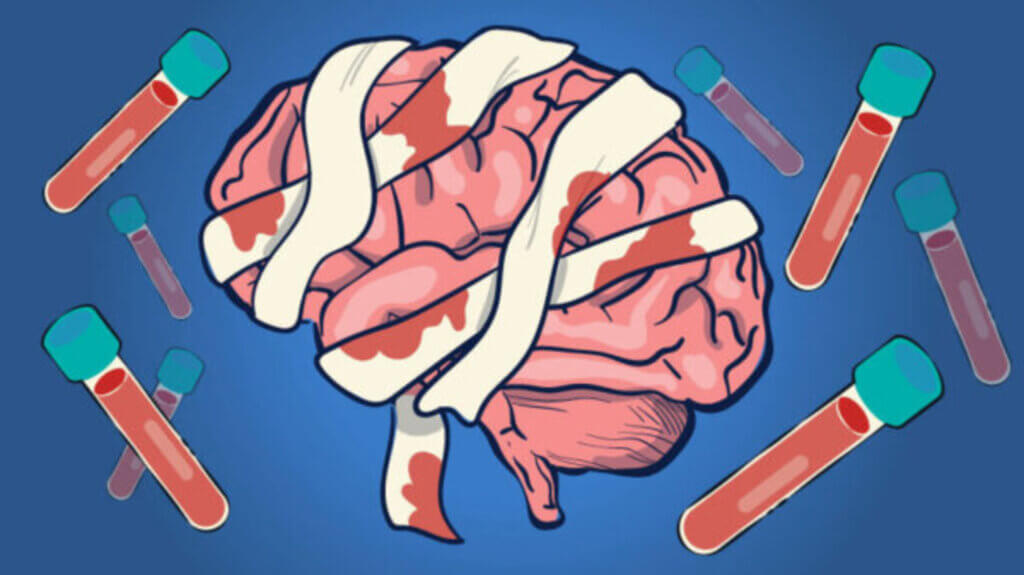When a loved one suffers a severe traumatic brain injury, families are often faced with the heartbreaking decision of whether to withdraw life support. Doctors may advise that continuing treatment is futile if they believe the patient has little chance of meaningful recovery. But what if some of those patients could actually get better, if only given more time?
A new study published in the Journal of Neurotrauma suggests exactly that. Researchers from Mass General Brigham analyzed data from a large study called TRACK-TBI that followed traumatic brain injury patients treated at 18 major trauma centers.
They focused on a group of 90 patients who died after having life support withdrawn, usually within a few days of their injury. Researchers wanted to estimate what would have happened to these patients if their treatment had been continued.
To do this, they used a statistical method called propensity score matching. Essentially, they found other brain injured patients in the study who matched the withdrawal group in terms of factors like age, injury severity, and clinical exam findings. The key difference was these matched patients did not have life support withdrawn.
Over 40 percent of these matched patients who represented the “what if” scenario ended up surviving to six months after their injury. And of the survivors, more than 30 percent recovered enough to live at home with at least some independence, rather than needing 24/7 care in a facility.
As you might expect, the better outcomes mostly occurred in relatively younger patients with somewhat less severe injuries. Very elderly patients with the worst initial prognoses still had slim chances of meaningful recovery. But the fact that so many patients had the potential to survive and regain function is striking.
“Our findings support a more cautious approach to making early decisions on withdrawal of life support,” says corresponding study author Dr. Yelena Bodien, of the Department of Neurology’s Center for Neurotechnology and Neurorecovery at Massachusetts General Hospital and of the Spaulding-Harvard Traumatic Brain Injury Model Systems. “Traumatic brain injury is a chronic condition that requires long term follow-ups to understand patient outcomes. Delaying decisions regarding life support may be warranted to better identify patients whose condition may improve.”
Why were the original life support withdrawal decisions made so early, when improvement was still possible? The reality is doctors currently lack reliable methods to predict recovery in severe brain injury. While they are often correct that the most likely outcome is death or severe disability, there will always be some patients who exceed expectations.
Families desperate for hope may hear “there’s a chance” and decide to continue care. But others will understandably choose to withdraw life support based on the odds and to avoid a protracted death or the possibility of their loved one surviving in a state they would not want.
Researchers emphasize they are not suggesting all life support should be continued indefinitely. However, their results do imply doctors and families may want to wait longer before making such a momentous and irreversible decision, if the patient’s prior wishes are unknown.
Even just a few extra days could allow time for the clinical picture to evolve and more data to be gathered to guide a prognosis. During this window, in-depth conversations could help families better understand the range of potential outcomes and weigh them against their loved one’s values.
The study authors acknowledge their findings need to be validated with further research before treatment guidelines are changed. Their propensity matching provides a good estimate of outcomes, but it’s not the same as actually following the withdrawal patients over time.
Additionally, quality of life in survivors with disabilities was not assessed. While regaining enough function to return home is certainly a positive outcome compared to death or complete dependence, some patients may not consider it an acceptable recovery.












